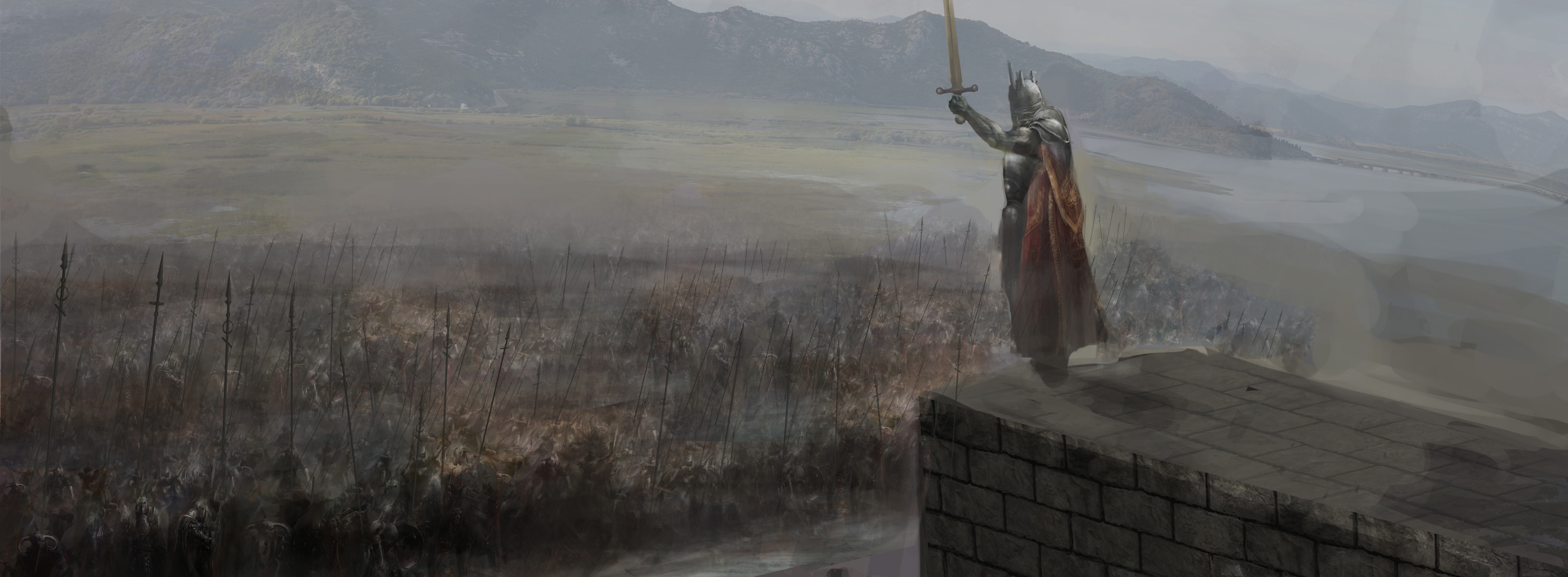Imperial War Wagons
Upon the flat plains of the Mardhelm Empire, one can travel easily cross-country by horse and wagon. The imperial armies have capitalized upon this feature of the landscape and developed an engine of war that - while it would be useless in any other landscape - has been instrumental in the conquest of the western realms.
You'll hear the rumbling of the horse's hooves first, and before you know it they'll be one you. The sound might herald a squad of shock troops, or if you're lucky there'll just be a rain of arrows and you'll be dead before you know what's happening.
Imperial war wagons are crafted of wood with a deck and waist-high walls. They will often bear two axles and four large wheels and be drawn by a team of horses, normally either four or six. A driver sits in the fore of the wagon as one would expect, and the space behind him is usually six feet wide and may extend for twelve feet. The sides of the wagon are plated in iron and often bear colorful shields bearing the colors and heraldry of the empire.
The wagons serve many uses, most often that of a mobile archery platform. A dozen bowmen can comfortably fit into the wagon with room to draw their bows and fire in any direction. Barrels of arrows might even be nailed down in the center of the platform, providing a seemingly limitless supply of ammunition for those aboard. In other cases, crack squads of elite shock infantry might be rapidly deployed to vital spots along a battle line to shore up a formation or break the enemy.
Vehicle
MilitaryOwning Organization
The Mardhelm EmpireCommon Variants
Archery platformRapid infantry deployment
Command platform
Notable Deployments
In the final phases of the Battle of the Gheltish Pass, routing Yemitish forces were pursued by imperial war wagons, driven from the pass, and pushed far into the coastal plains. Of those troops that survived the main battle, it is said that almost half of them were killed on the route by archers in the war wagons.
Remove these ads. Join the Worldbuilders Guild









Comments